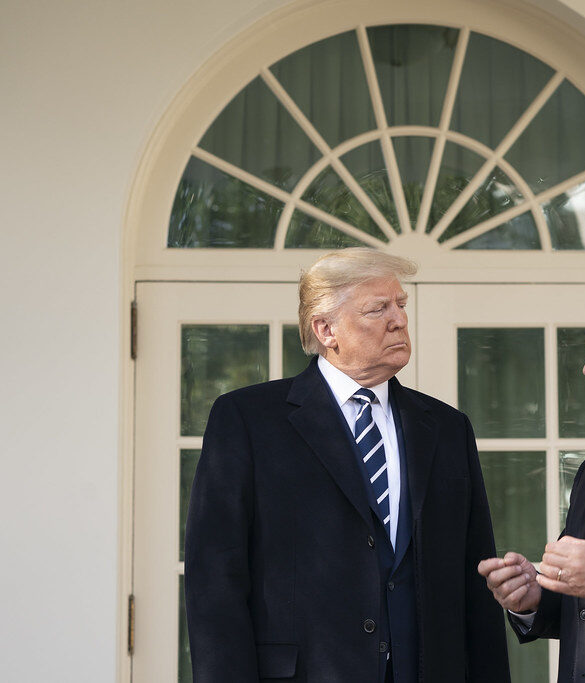Key Takeaways:
- The PMO denies a report claiming Netanyahu threatened Iran.
- Trump and Netanyahu spoke after a Washington shooting.
- The report suggested US concern over nuclear talks disruption.
- PMO dismisses the claim as fake news.
What Happened: A recent report alleged that Prime Minister Benjamin Netanyahu threatened Iran during a call with US President Donald Trump. The conversation supposedly took place after a shooting attack in Washington. The report implied that Netanyahu considered striking Iranian nuclear facilities, causing US concern about affecting ongoing nuclear talks. However, the Prime Minister’s Office (PMO) quickly dismissed this report as fake news, denying any such conversation occurred.
The Denial: The PMO’s swift denial highlights the sensitivity of such claims. They labeled the report as false, emphasizing that no threats were made. This denial underscores the PMO’s commitment to accurate information and maintaining diplomatic integrity. The strong response suggests the importance of such allegations in the current geopolitical climate.
The Conversation Context: The call between Trump and Netanyahu followed a notable shooting incident in Washington, indicating a discussion likely focused on security issues. While the report’s details remain unconfirmed, the context suggests a serious and timely conversation. However, without official confirmation, the specifics of their discussion remain speculative.
The Bigger Picture: This incident reflects ongoing tensions between Israel and Iran, particularly regarding nuclear capabilities. Israel has consistently expressed concerns about Iran’s nuclear program, viewing it as a potential threat. The US, mediating nuclear talks, would naturally worry about any actions disrupting these delicate negotiations. However, without concrete evidence, it’s crucial to approach such reports with caution.
Israel and Iran’s historic rivalry adds depth to this story. Their conflict is well-documented, with Israel advocating for a tough stance against Iran’s nuclear ambitions. The US’s involvement in nuclear talks complicates this further, as any military action could derail diplomatic efforts.
The PMO’s denial serves as a reminder of the challenges in reporting on sensitive diplomatic discussions. While the report sparked immediate interest, the lack of confirmation highlights the need for reliable sources in journalism. In the age of instant news, verifying information is crucial to avoid spreading misinformation.
Conclusion: The PMO’s denial of the report alleging Netanyahu’s threat against Iran underscores the complexity of international diplomacy and media accuracy. This incident serves as a reminder of the delicate balance in Middle Eastern politics and the importance of verifying information in our fast-paced news cycle. As tensions remain high, clear communication and caution in reporting are essential to avoid unnecessary escalations and ensure the public is well-informed.
